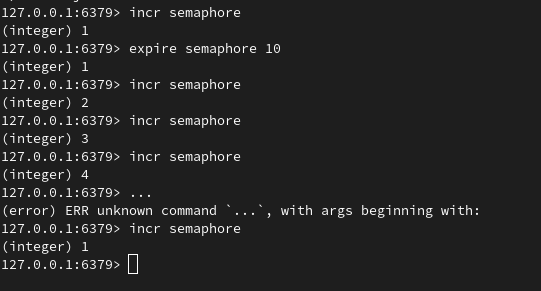Man, you are right. That’s pitty. I found two other solutions and decided to use the redis solution because the read/calculate/write process takes about 0,022 seconds which is fast enough.
The other possible solution I tried is to make a separate workflow which is only responsible for the webhook trigger, read global static data, calculate, write static data and execute the other workflow (execute workflow node. In this case the workflow executes quite fast and the global static data is stored fast enough - round about 0,050-0,060 seconds). Kind of a proxy workflow.
The redis solution is a little bit less dirty I would say 
if someone is looking for a dirty redis solution here is some example code:
{
"nodes": [
{
"parameters": {},
"name": "Start",
"type": "n8n-nodes-base.start",
"typeVersion": 1,
"position": [
250,
300
]
},
{
"parameters": {
"operation": "set",
"key": "test1_lastExecution",
"value": "={{$node[\"createExecutionTime1\"].json[\"timestampNow\"]}}",
"keyType": "string"
},
"name": "redis_write",
"type": "n8n-nodes-base.redis",
"typeVersion": 1,
"position": [
1200,
740
],
"credentials": {
"redis": "redisServer"
}
},
{
"parameters": {
"conditions": {
"number": [
{
"value1": "={{ $node[\"createExecutionTime1\"].json[\"difNowAndLastExecution\"] }}",
"operation": "larger",
"value2": 15000
}
]
}
},
"name": "IF1",
"type": "n8n-nodes-base.if",
"typeVersion": 1,
"position": [
1350,
750
]
},
{
"parameters": {
"functionCode": "var timestampNow = Date.now();\nif ($node[\"redis_get\"].json[\"LastExec\"] != \"\") {\n timestampLast = $node[\"redis_get\"].json[\"LastExec\"]\n} else {\n timestampLast = '1519129853500'\n}\ndifNowAndLastExecution = Number(timestampNow) - Number(timestampLast);\nreturn [{json: {timestampNow, timestampLast, difNowAndLastExecution}}]\n\n\n\n\n\n\n\n"
},
"name": "createExecutionTime1",
"type": "n8n-nodes-base.function",
"typeVersion": 1,
"position": [
1050,
740
]
},
{
"parameters": {
"operation": "get",
"propertyName": "LastExec",
"key": "test1_lastExecution",
"options": {}
},
"name": "redis_get",
"type": "n8n-nodes-base.redis",
"typeVersion": 1,
"position": [
900,
740
],
"credentials": {
"redis": "redisServer"
}
}
],
"connections": {
"redis_write": {
"main": [
[
{
"node": "IF1",
"type": "main",
"index": 0
}
]
]
},
"createExecutionTime1": {
"main": [
[
{
"node": "redis_write",
"type": "main",
"index": 0
}
]
]
},
"redis_get": {
"main": [
[
{
"node": "createExecutionTime1",
"type": "main",
"index": 0
}
]
]
}
}
}
